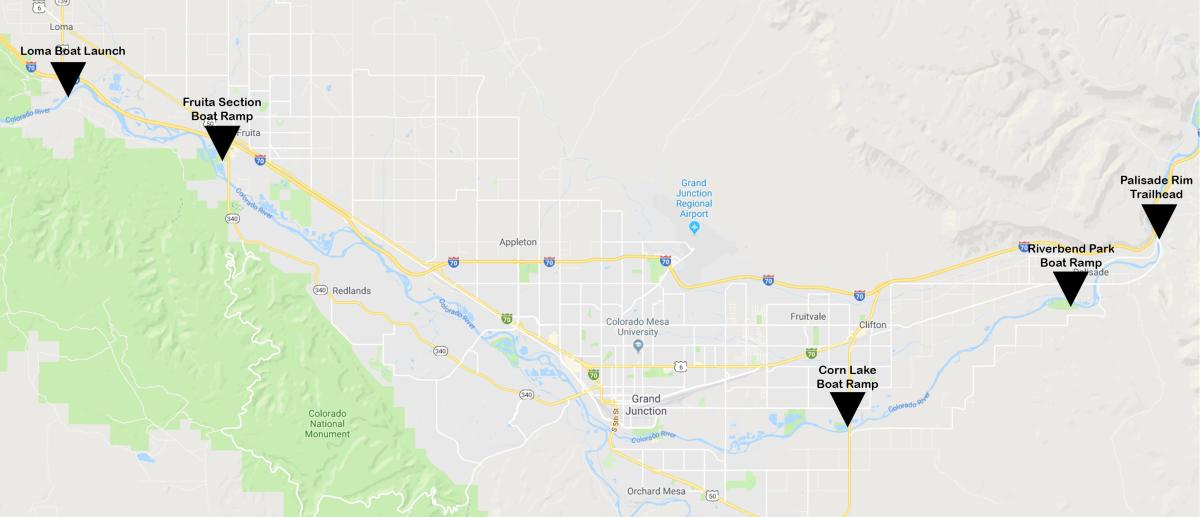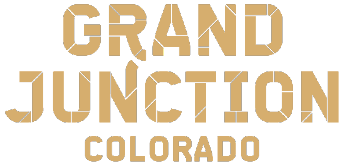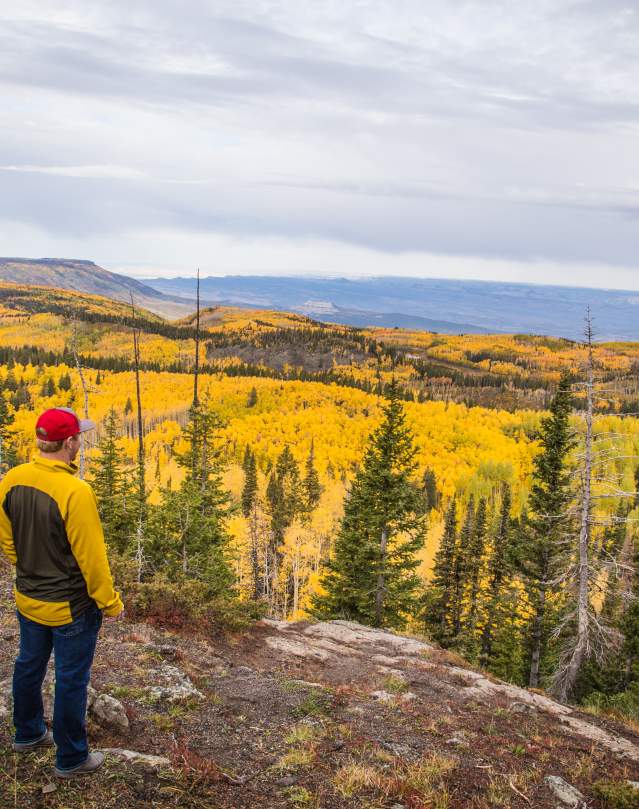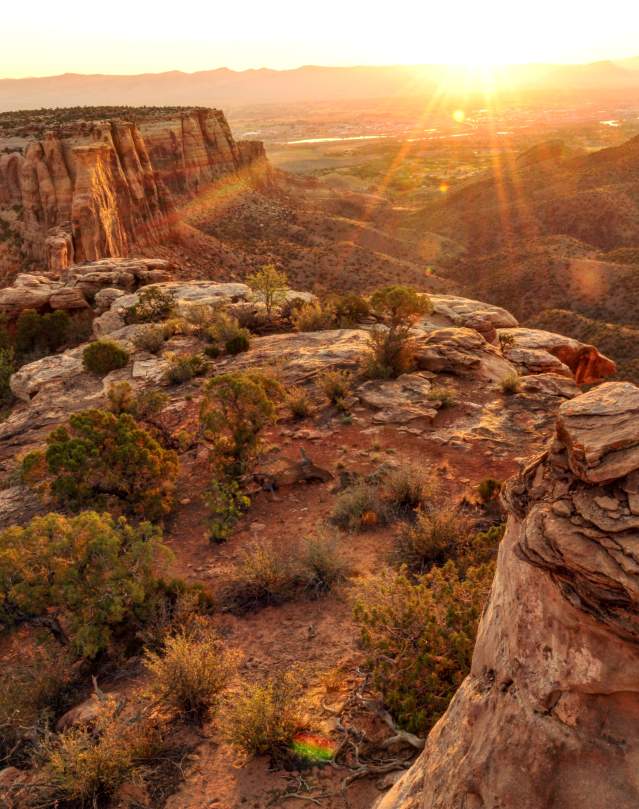Grand Junction is known as a mecca for those who define themselves by the amount of time they spend outdoors. With over 1.5 million acres of public land, three state parks, and the Colorado National Monument, there is an abundance of world-class hiking, mountain biking, hunting and fishing. And when it comes to fishing, the possibilities for anglers are endless. The Grand Mesa is the largest flat-top mountain in the world, bursting with more than 300 lakes. Combine all of this beauty with two major rivers and miles of streams, it’s time to cast your line in Grand Junction.
Fishing Along the Colorado River
The stretch of the Colorado that runs through the Grand Junction area is wide with slower-moving water compared to the agitated rapids in Utah. Without white water, this section of the river is ideal for fishing from a boat, a canoe, or a raft. The Palisade Rim trailhead, Corn Lake, James M Robb Colorado River State Park Fruita Section and the Loma Boat Launch are all convenient spots to launch your boat in the water. If you are traveling without a motor, make sure to plan ahead and know where you are getting off the river. Corn Lake is a good ending point if you start at the Palisade Rim trailhead or Riverbend Park. From the Fruita Section of the James M Robb State Park, the Loma Boat Launch is the place to exit the river. Starting at the Loma Boat Launch, the next place to get off the water is in Westwater, Utah, roughly 30 miles down the river.

If you prefer dry ground, you can fish the shores of the Colorado River from along the Riverfront Trail. This 25-mile paved trail frames the river all the way from Grand Junction to Loma. Along the way, there are numerous stopping points and overlooks that allow you to get close to the water. Enjoy the scenic beauty of the Riverfront Trail until you find your perfect spot.
Fishing on the Grand Mesa
View this post on InstagramA post shared by Dustin Wayman (@dustinwayman) on Aug 1, 2019 at 5:45pm PDT
Encompassing over 500-square miles, the Grand Mesa is the largest flat-top mountain in the world, sparkling with over 300 lakes. Many of the larger lakes can be easily accessed conveniently from the road while some of the smaller lakes are perfectly remote and offer the opportunity to have a whole lake all to yourself.
For two easy-access lakes, visit Island Lake or Cobbett Lake. Both are right off Scenic Byway 65. Island Lake features a boat ramp making it common to see people fishing from rowboats, rafts, and kayaks. Even motorboats cruise around on this larger lake. Cobbett Lake is smaller and perfect for casting from the shore. You could walk around this entire lake in under an hour, so if the fish aren't biting in one spot, keep moving along the shoreline till you find your sweet spot.
For something more remote, try Cottonwood Lake. To reach this secluded spot, you can take the Lake of the Woods trail. This four-and-a-half-mile hike passes several other smaller lakes as it carves through pine trees and pockets of aspen trees.
Many of the lakes on the Mesa have streams running in or out of them, that connect to other lakes along the way. Coon Creek runs for miles from the top of the Grand Mesa, connecting several lakes, and has plenty of fishing holes along the way. Connect with Coon Creek from Griffith Lake.
What You Can Catch
View this post on InstagramA post shared by Western Anglers Fly Shop (@westernanglersflyshop) on Jun 18, 2019 at 11:04am PDT
Rainbow and cutthroat trout, largemouth bass, catfish, walleyes, and pike are all common catches in the waters of Colorado. The Colorado River is home to 14 native species of fish. Four of them are endangered - the humpback chub, bonytail chub, Colorado pikeminnow, and razorback sucker. They're not found anywhere else in the world outside the Colorado River system. Since these four are endangered, if you catch one, you must release it.
Where to get Your Gear
Having the right reel, line, and type of lure can be the difference between going home with a prize catch, or emptyhanded. When it comes to getting the right gear, check out Western Anglers in Downtown Grand Junction. The go-to spot for local expertise, Western Anglers will help you learn about area waters, where to go depending on the time of year, and what lures the fish are biting. They also offer casting and fly-tying lessons to make sure you have the technique to make every cast count.
See more places to cast your line by exploring all of Grand Junction's public lands on page 26 of the Grand Junction Visitor Guide.


